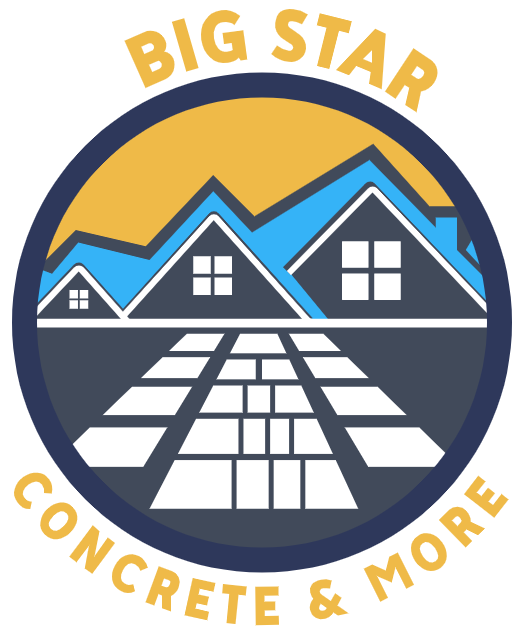How to Select the Best Concrete Mix for Your Construction Needs
When starting a construction project, choosing the right concrete mix is crucial. The concrete you select can impact the durability and stability of your structure. With many options available, understanding what works best for your needs ensures that your project will stand the test of time. This guide helps you make informed decisions by exploring various factors affecting your choice.
The Importance of Concrete Selection
Selecting the right concrete mix goes beyond basic preference. It involves considering factors like load-bearing requirements, weather conditions, and intended use. A good match improves the lifespan and performance of the finished project. Incorrect choices might lead to costly repairs or even structural failures. Understanding these aspects helps you meet your project’s demands successfully.
Impact of Site Conditions on Choice
Your site’s specific conditions play a critical role in choosing an effective mix. For instance, soil type and moisture levels influence how the concrete interacts with its environment during excavation. Areas prone to freezing require mixes that resist cracking from temperature fluctuations. Analyzing these variables aids in selecting a tailored solution for optimal results.
Understanding Different Concrete Types
Concrete comes in several types, each designed for particular applications. Common options include:
- Ready-mix concrete: Ideal for most projects due to its convenience and consistent quality.
- High-strength concrete: Suitable for heavy-duty structures needing extra support.
- Lightweight concrete: Used where weight reduction is necessary, such as upper floors.
- Pervious concrete: Allows water to pass through, useful for drainage systems.
Knowing the differences assists you in matching the correct type with your project’s specifications.
Key Benefits of Choosing the Correct Mix
A well-chosen concrete mix provides numerous advantages. First, it enhances structural integrity by meeting specific design loads. Second, it aids in cost efficiency by minimizing waste and reducing maintenance needs over time. Third, it supports environmental sustainability when using eco-friendly materials. These benefits collectively contribute to a successful construction venture.
Steps to Determine the Best Mix
To identify the best mix for your project, follow these steps:
- Assess your structural requirements: Calculate load capacities and other engineering needs.
- Consider environmental factors: Evaluate weather patterns and local climate conditions.
- Analyze budget constraints: Balance costs with quality to avoid overspending.
- Consult experts: Seek advice from professionals experienced in similar projects.
Taking these actions ensures you make informed choices leading to robust outcomes.
Best Practices in Mixing and Pouring
Adhering to best practices during mixing and pouring maximizes performance. Always use clean equipment free of contaminants. Maintain the appropriate water-cement ratio as specified in your plan. Ensure uniform consistency by thoroughly mixing components before pouring. By following these guidelines, you enhance structural stability and prolong the life of your construction work.
Cost Implications of Various Mixes
Understanding cost implications helps manage budgets effectively. While high-quality mixes may have higher upfront costs, they often result in lower long-term expenses due to reduced repair needs. Conversely, cheaper mixes may offer initial savings but risk compromising structural integrity. Balancing initial investments with anticipated lifecycle costs aids in financial planning for your project.
Contact for Expert Guidance
If you’re looking for expert guidance on selecting the right concrete mix, consider reaching out. Located in Sevierville, TN, I am ready to assist with all aspects of your project. Trust Big Star Concrete And More for reliable solutions tailored to your construction needs. Call today at (865) 204-2906 to start making informed decisions.
